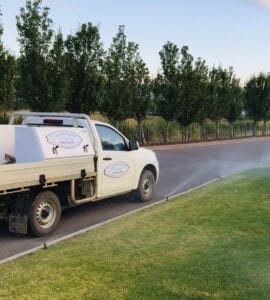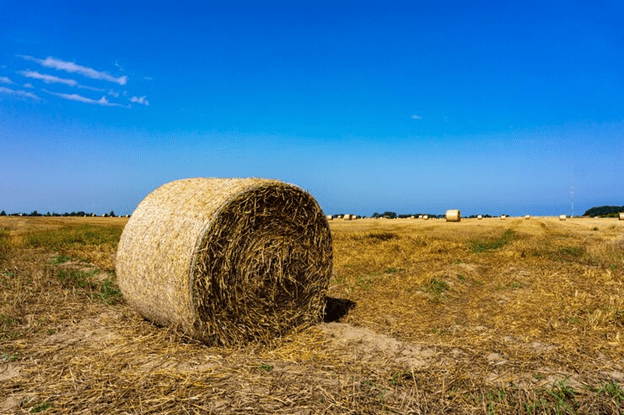
Sustainable Farming Practices for Forage Crop Production
 Posted On
Posted On Forage crops are the lifeblood of livestock farming, providing essential nutrients for healthy animals and productive operations. However, conventional forage production practices can have a negative impact on the environment. This article explores sustainable farming practices that promote healthy forage growth while protecting our precious resources.
Nurturing the Soil: The Foundation of Sustainability
Soil health is paramount for sustainable forage production. Here’s how to cultivate a thriving soil ecosystem:
- Minimizing Tillage: Excessive tillage disrupts soil structure, reduces organic matter, and harms beneficial soil microbes. Consider reduced-tillage or no-till practices to promote soil health and water retention.
- Cover Cropping: Planting cover crops during fallow periods protects the soil from erosion, adds organic matter, and improves nitrogen fixation. Leguminous cover crops like clover can also add valuable nitrogen to the soil.
- Composting and Manure Management: Composting manure and other organic materials creates nutrient-rich compost that can be applied to fields, reducing reliance on synthetic fertilizers and promoting soil fertility.
Water Wisdom: Conserving a Precious Resource
Water scarcity is a growing concern. Here’s how to manage water resources efficiently in forage production:
- Irrigation Techniques: Utilizing efficient irrigation systems like drip irrigation minimizes water waste and ensures water reaches the plant roots directly.
- Drought-Tolerant Forage Options: Planting forage varieties known for drought tolerance, like certain legumes or warm-season grasses, reduces reliance on irrigation.
- Harvesting at the Right Time: Harvesting forage crops at the appropriate maturity stage optimizes yield while minimizing water use.
Nutrient Management: Feeding the Soil and the Crop
Nutrients are essential for healthy forage growth, but excess application can harm the environment. Here are sustainable nutrient management practices:
- Soil Testing: Regular soil testing helps identify nutrient deficiencies and avoid over-fertilization. Apply fertilizer only when and where needed, based on soil test results.
- Organic Fertilizers: Consider using organic fertilizers like composted manure or composted food scraps to nourish the soil and promote a healthy ecosystem.
- Nitrogen Fixation: Planting legumes like alfalfa in your forage mix can help fix atmospheric nitrogen into the soil, reducing reliance on synthetic nitrogen fertilizers. The alfalfa hay, known for its high protein content, is also a valuable legume crop.
Creating a Balanced Ecosystem
Monoculture farming, relying on a single forage species, can disrupt the natural balance. Here’s how to promote biodiversity:
- Planting Forage Mixes: Planting a blend of grasses and legumes creates a more diverse ecosystem, attracting beneficial insects like pollinators and reducing pest pressure.
- Hedgerows and Windbreaks: Planting hedgerows or windbreaks around fields provides habitat for beneficial wildlife and helps control erosion.
- Integrated Pest Management: Implementing an integrated pest management (IPM) strategy that prioritizes natural controls over chemical pesticides protects the environment and promotes a healthy balance in the ecosystem.
Conclusion
Sustainable forage production practices are essential for the long-term health of our planet and the future of livestock farming. By adopting these practices, farmers can cultivate healthy forage crops, reduce their environmental impact, and contribute to a more sustainable future for generations to come. Remember, a healthy soil ecosystem, responsible water management, and a commitment to biodiversity are the cornerstones of sustainable forage production.






